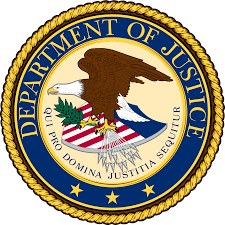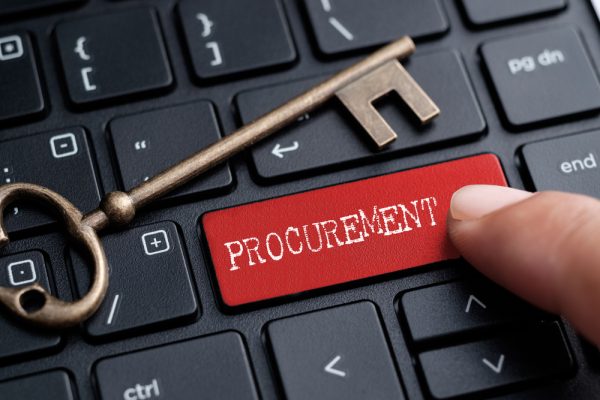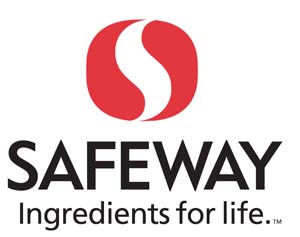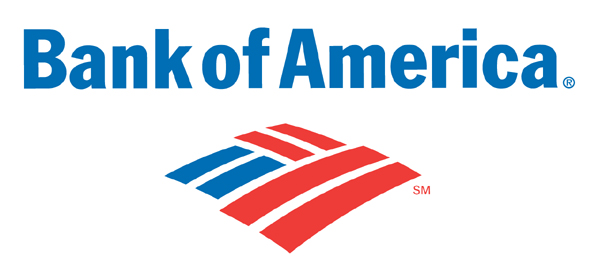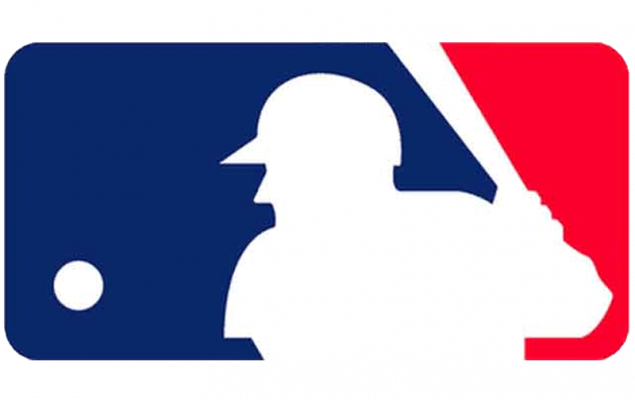The settlement agreement posted here details E*Trade’s commitment to improving the accessibility and usability of its website, mobile application and online trading platform for customers who are blind. The agreement was reached in Structured Negotiation; no lawsuit was needed or filed. The Law Office of Lainey Feingold and Linda Dardarian, of the Oakland civil rights firm Goldstein, Borgen, Dardarian and Ho represented Pratik Patel and Victor Tsaran, two E*Trade customers, in the negotiation. E*Trade will be using the Web Content Accessibility Guidelines 2.0, Level AA as its accessibility standard. The agreement identifies the International Standards Organization (ISO) 14289, also known as PDF/UA (PDF/Universal Accessibility) standard as the standard for PDF accessibility.
Read more… E*Trade Digital Accessibility Settlement Agreement



